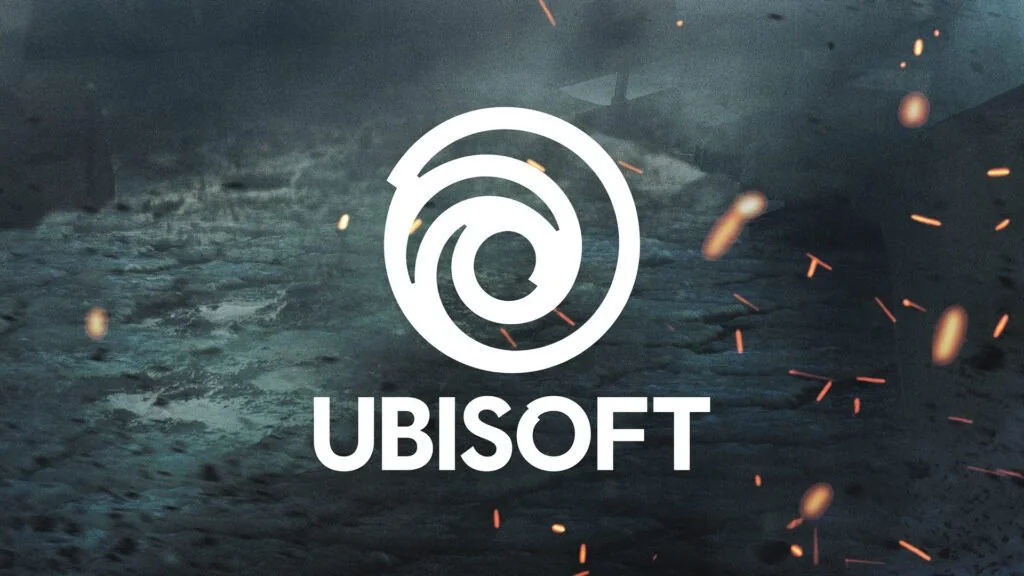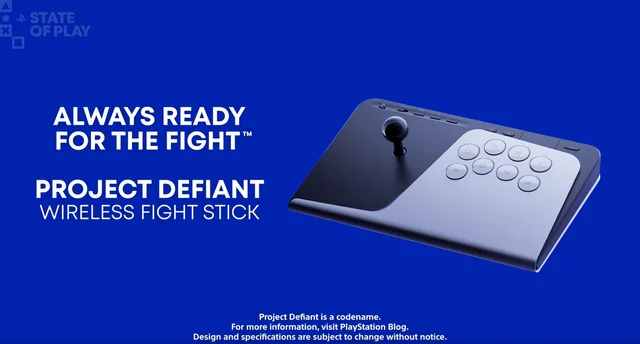
Ubisoft Faces Shareholder Revolt Over Tencent Deal
Investors Demand Renegotiation Amid Concerns Over Company Governance and Strategic Direction.
In a dramatic turn of events, Ubisoft, the French gaming giant behind legendary franchises like Assassin’s Creed, Far Cry, and Rainbow Six, is grappling with a shareholder revolt over its controversial deal with Tencent, one of China’s largest technology conglomerates. This growing unrest among investors raises serious questions about Ubisoft’s corporate governance, strategic vision, and its future in the volatile gaming industry.
🚩 The Heart of the Controversy
The discord centers around Ubisoft’s recent agreement with Tencent, which reportedly involves Tencent acquiring a significant stake in the company. While the deal was initially framed as a strategic partnership to bolster Ubisoft’s position in the global market, shareholders are now expressing deep concerns about the lack of transparency surrounding the deal’s terms.

Investors argue that the agreement does not adequately reflect their interests and that key decisions were made without proper consultation. Critics claim the deal disproportionately benefits Ubisoft’s executives and the founding Guillemot family, who already hold considerable influence over the company’s operations.
📉 Financial Struggles Fueling Tensions
Ubisoft has been facing a series of financial challenges over the past few years. Despite the success of some titles, the company has struggled with inconsistent game launches, delays, and underwhelming sales of major projects. The declining performance has affected investor confidence, making shareholders more sensitive to any moves that might jeopardize their stakes.

The Tencent deal is viewed by many as a desperate attempt to secure financial stability amidst these struggles. However, shareholders argue that selling off a significant portion of the company’s control could undermine Ubisoft’s independence and creative freedom.
⚖️ Legal Actions and Investor Pushback
In response to the dissatisfaction, a group of shareholders has reportedly filed legal challenges against the deal, seeking to block its approval until the company provides greater clarity on the financial implications and governance changes. These legal actions highlight the growing rift between Ubisoft’s leadership and its investor base, with accusations of lack of due diligence and conflicts of interest surfacing in court filings.
🌍 What Does This Mean for Ubisoft?
The revolt comes at a critical time for Ubisoft, as the company faces intense competition from industry giants like Activision Blizzard, Electronic Arts, and emerging studios producing innovative content. If the shareholder dispute escalates, it could stall the Tencent deal, forcing Ubisoft to reconsider its strategic direction.

Additionally, the backlash raises concerns about Ubisoft’s long-term creative autonomy. Shareholders fear that Tencent’s increased involvement could shift the company’s focus from innovative game development to profit-driven decisions, potentially impacting beloved franchises and game quality.
🎮 Impact on the Gaming Industry
Ubisoft’s struggles could have ripple effects across the gaming industry. As one of the largest third-party publishers, its decisions influence game development trends, industry standards, and even global gaming culture. A failure to resolve the shareholder conflict might deter other companies from pursuing similar partnerships, leading to a more cautious corporate environment in the gaming sector.

🔍 Looking Ahead: What’s Next?
As the situation unfolds, Ubisoft’s leadership faces mounting pressure to address shareholder concerns. Possible outcomes include:
- Renegotiating the Tencent deal to include more shareholder protections.
- Offering increased transparency regarding the financial and strategic benefits of the partnership.
- Potential leadership changes if the conflict undermines trust in Ubisoft’s executives.
The coming months will be crucial in determining Ubisoft’s future, both as a company and within the broader gaming ecosystem.












Post Comment